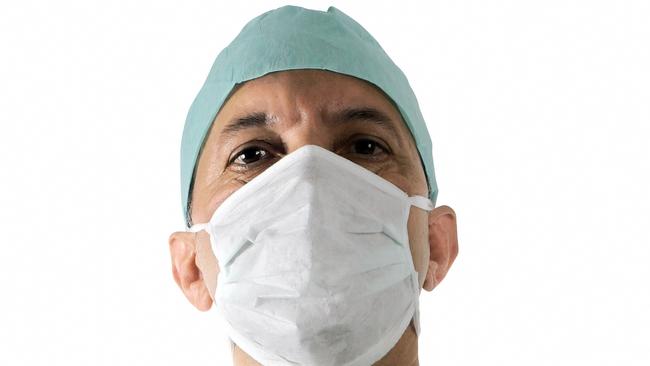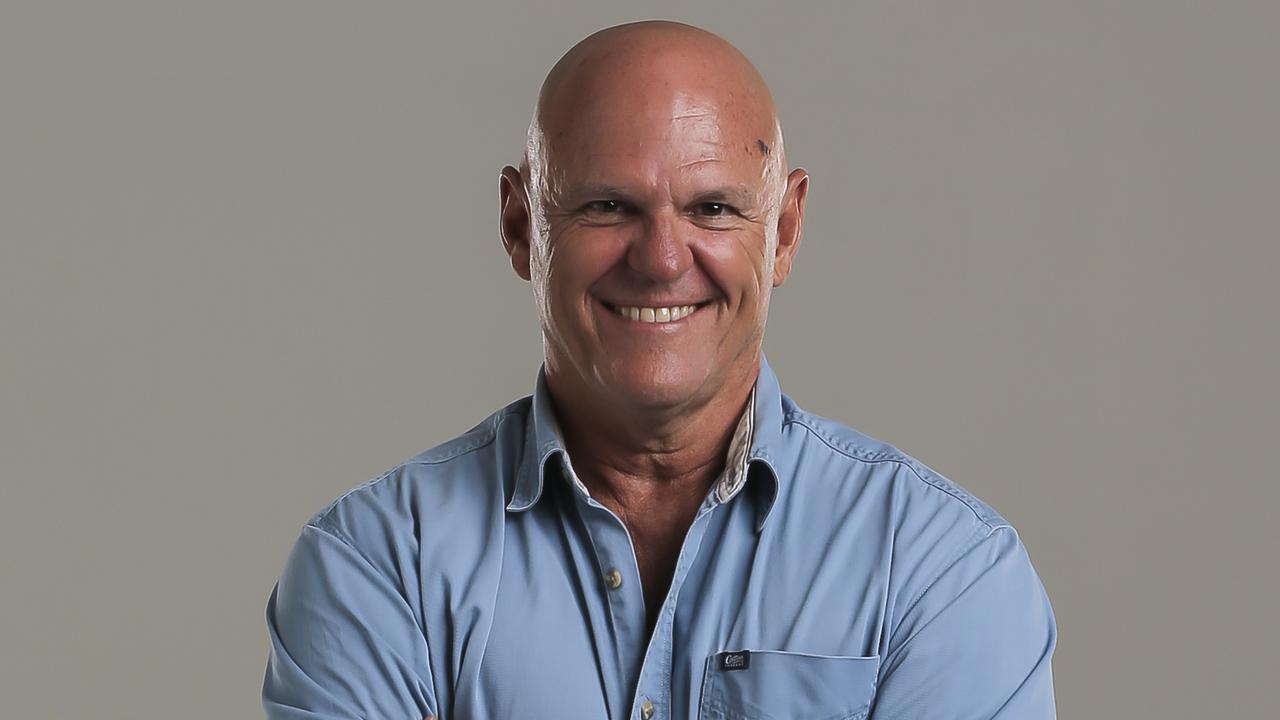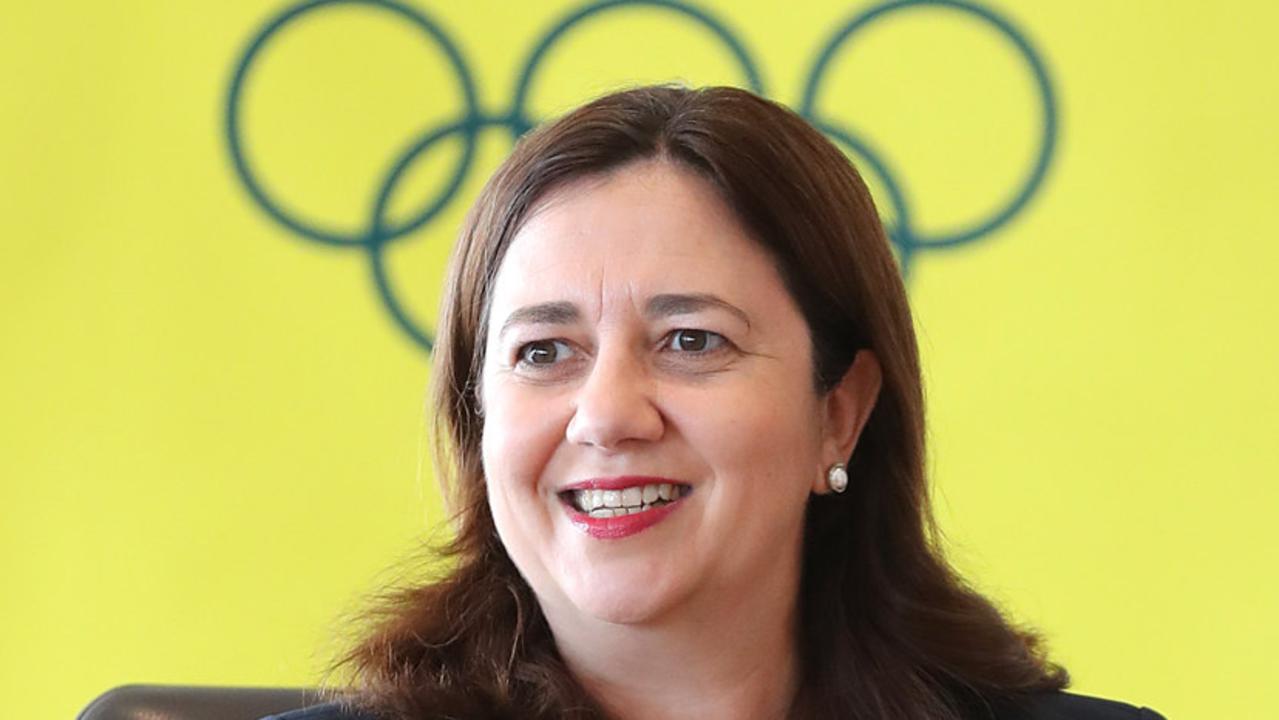Editorial: Stressed-out doctors are a health crisis
THE AMA has described a “shameful’’ culture of denial pervading all levels of management from individual units, to hospital level, and right through to Queensland Health headquarters.

Opinion
Don't miss out on the headlines from Opinion. Followed categories will be added to My News.
AUSTRALIA is a prosperous country by international standards and, as a result, we enjoy a public health service that is the envy of much of the world.
Queenslanders, like the residents of other states, expect and demand no less.
But the system is not without problems and flaws. As populations and healthcare expectations rise, the Government budgets to fund it are under constant and rising pressure.
No one is more acutely aware of this than the doctors and nurses who staff the wards, emergency departments and operating theatres of our public hospitals. These are the people at the very frontline, doing their utmost to care for the sick and injured.
Daily, hourly, they confront the shortfalls between patient needs and what is available to provide it. The Australian Medical Association says those shortfalls include a lack of sufficient beds and staff shortages.
These might be inconvenient truths for governments and public servants trying to balance the books and maintain a perception of efficient and sufficient service delivery.
However it is crucial that the problems are acknowledged and addressed.
But rather than having their concerns listened to, the AMA says, dedicated medical staff are instead being muzzled from speaking out.
AMA president Dr Michael Gannon has described a “shameful’’ culture of denial pervading all levels of management from individual units, to hospital level, and right through to Queensland Health headquarters.
Whether through a motivation to protect the State Government from embarrassment, or to protect their own cushy positions, it is alleged these various layers of managers enforce or endorse a negative bullying workplace culture to maintain the cone of silence.
The harassment can force doctors to work much longer than is optimal for their own wellbeing or the care and safety of patients. They say they are forced daily to discharge patients sooner than they want in order to
create space for new ones and to sign off on sub-par care.
These are professionals who have spent years studying and training, and devoted their working lives to providing the best possible treatment. Patients are not statistics to them, but human beings in need of their care.
The impacts are as inevitable as they are disturbing – frustration and serious burnout. It is so severe, says the AMA, that it can lead to alcohol misuse, depression and even suicide.
According to the organisation, doctors are quitting the public sector “in droves’’, seeking roles in the private hospital system. This will alarm every Queenslander. The last thing a strained system facing staff shortages can afford is to lose even more of its highly skilled, deeply dedicated professionals.
Justifying a surge in highly paid public servants over the past three years, the Government last month said the majority were frontline health staff including doctors. That is not reflected in the AMA’s concerns.
Workplace bullying and harassment is quite simply unacceptable, and illegal.
That those on the receiving end should be doctors merely exacerbates the situation – people making important, often literally life-and-death decisions every day.
Not one of us would want to be in the care – or have a loved one in the care – of a doctor, who is stressed, exhausted, distracted, depressed or potentially suicidal.
The corporate sector has long since recognised the wrongs and potential costs of workplace bullying and taken steps to address it.
Not so the health system. This is not a new problem.
The No.1 finding in a November 2016 report of an inquiry into the medical complaints process in Australia by the Senate Standing Committee on Community Affairs was that ‘’bullying and harassment remain prevalent across the medical profession”.
While “in principle’’ the profession had “a zero-tolerance approach’’, it was “a widespread and significant problem”.
The committee made a host of recommendations, including the first – that all parties acknowledge the issue and commit to ongoing and sustained action and resources to eliminate the behaviour. Apparently, the memo has gone into the trash folder of many managers in Queensland’s public hospital system.
Health Minister Steven Miles needs to red flag this looming crisis.
Statesman’s legacy will live on
QUEENSLAND farewelled one of its true leaders yesterday.
Terry Mackenroth was an enormous figure in state politics for three decades, and his legacy will live long into the future.
He was instrumental in Queensland’s transformation from a state that young people with ambition and talent rushed to leave to one that now attracts some of the best and brightest from interstate and overseas.
While Mr Mackenroth’s tough, take-no-prisoners style ensured he was not universally loved, he earned the deep respect of both sides of politics and many more in the broader community.
The presence among the 800 mourners at yesterday’s funeral of so many LNP faces – old and new – as well as business leaders and figures from the sports world he loved so much was testament to that.
He was straight and blunt, and everyone from union leaders to the top end of town knew they had got a fair hearing and an honest answer when they met him. His kind come along rarely and he has left too soon.
Vale Terence Michael Mackenroth.


